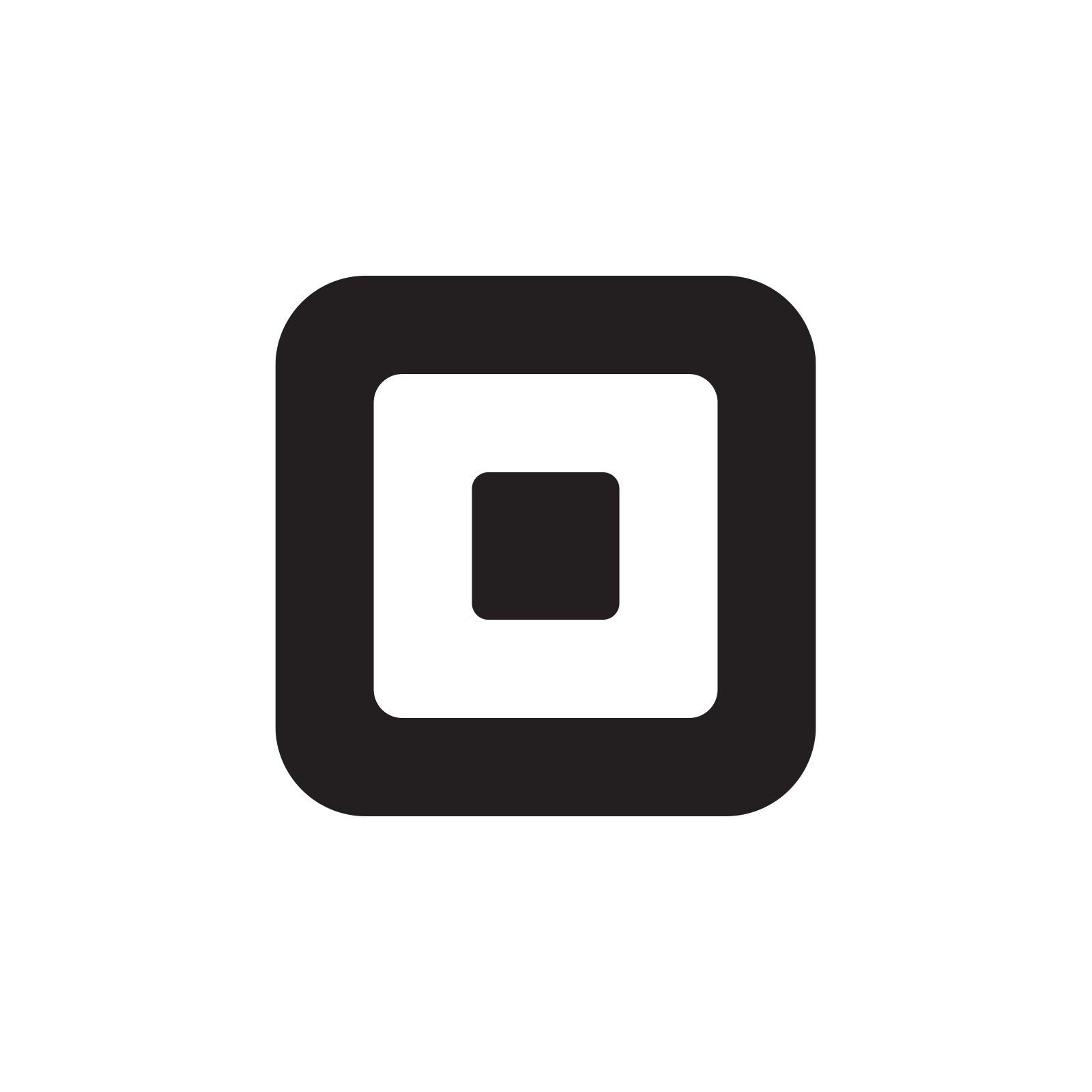How I Started A $120K/Month Business Selling Award-Winning Pastries
Hello! Who are you and what business did you start?
Hey everyone! I’m Kyra Bussanich, founder of Kyra’s Bake Shop, an exclusively gluten-free bakery in Portland Oregon. You may have seen us on the Food Network dominating the sweet competition on Cupcake Wars!
Our claim to fame, if you will, is that everything we make is gluten-free, though you would never know it by tasting our products. When I was first developing the recipes, it was very important to me that everything we make and sell is delicious enough to appeal to anyone (and not just those who must eat on a restricted diet). I think this is part of why we continue to be so successful today.
We started the business with a cottage industry certified home kitchen, and following our success, the first time on Cupcake Wars we were able to expand to a tiny little brick and mortar. It wasn’t long until we outgrew that location, and now we have a 3,500 square foot flagship bakeshop/cafe and we just opened our second location (an urban outpost) in downtown Portland. Looking back over the years, I am still shocked to see our revenue growth.
While some months are definitely busier than others (Hello Thanksgiving!), our monthly...












